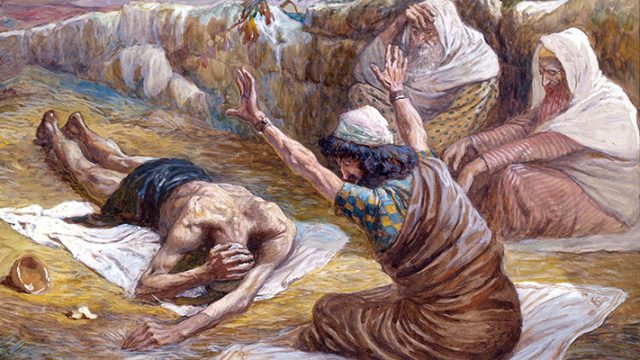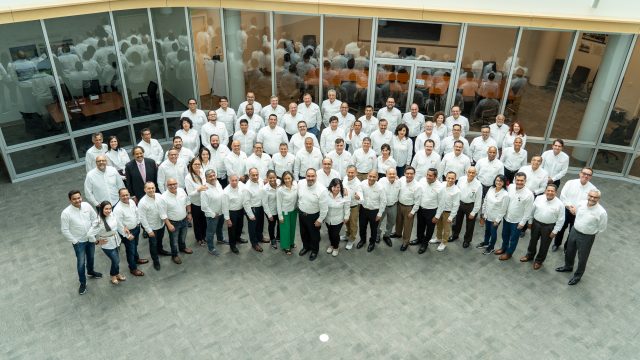Can self-denial help us to open to the radical lordship of Jesus Christ over our lives?

Shane Claiborne, the young and radical Christian activist, popular particularly among millennials, made an observation that is worth pondering: “I am convinced that if we lose kids to the culture of drugs and materialism, of violence and war, it’s because we don’t dare them, not because we don’t entertain them. It’s because we make the gospel too easy, not because we make it too difficult. Kids want to do something heroic with their lives, which is why they play video games and join the army. But what do they do with a church that teaches them to tiptoe through life, so they can arrive safely at death?” (quoted in Philip Yancey’s Vanishing Grace 83).
Is the church guilty as charged—you and me? Are we somehow inadvertently (certainly not intentionally, I presume) communicating a no-risk, no-cost, no-peril, no-fun brand of Jesus to the young today? Cautious, calculating, conservative (as in never thinking outside the box—is that our shtick?)
A campus friend dropped by the church this week, and in the course of our conversation it comes up that he has found profound blessing in serious, extended seasons of fasting. You read that right—fasting. Profound blessings from fasting? You’ve got to be kidding me. Every time I venture into that foreboding spiritual discipline I can hardly wait for it to be over!
But in response, my friend tells me that Jesus’ call to discipleship in fact strongly hints at the value embedded in fasting (a practice referenced 77 times in Scripture, as it turns out):“‘If any want to become My followers, let them deny themselves and take up their cross and follow Me’” (Mark 8:34, NRSV). No hint of a no-risk, no-cost, no-dare brand of religion here!
Plain and simple (which Jesus usually was), “If you want to follow Me it’ll cost you some major self-denial.” It means you’re going to have to push away the natural inclination to preserve your self, to promote your interests, to protect your appetite, to presume life is a zero-sum game where winning is the ultimate value. “And then,” He goes on, “take up the cross and follow Me.”
One thing’s for sure—nobody can accuse Jesus of offering a tiptoe-through-life-safely brand of religion!
Which begs this question: What would happen if you and I signed on to that no-tiptoe dare from our Lord? What if we plunged into the discipline of fasting as an expression of our desire to deny our self (whose loudest clamors are always linked to appetite) and thus open up our minds, our hearts, our bodies to the radical lordship of Christ?
My friend even went so far as to suggest that fasting is actually a divine gift intended to draw us closer and more intimately to God. Just look at those who fasted in Scripture, he reminded me—Moses ends up practically face-to-face with God through his fasting, Jesus is catapulted into a ministry of profound healing and deliverance after His intimate prayer and fasting with His Father, Paul—who frequently fasted—is granted visions of heaven no human had experienced. Which doesn’t mean we’ll all become Moseses and Pauls and Jesuses—but it does strongly hint that something deep transpires between God and the human who voluntarily chooses to fast as part of his/her prayer walk with the Eternal.
If we with our young today could be challenged by the very nature of Christ’s radical calling—to a life daring but not entertaining, difficult and not easy—might we and they not find in Jesus’ church a cause and a Kingdom worth dying for, worth living for? But if all we offer ourselves and our children is entertainment, then Claiborne is right—we breed a generation that will turn elsewhere to satisfy the God-embedded longing for risk and the heroic—a longing most deeply fulfilled by the way of the cross. And by fasting.








